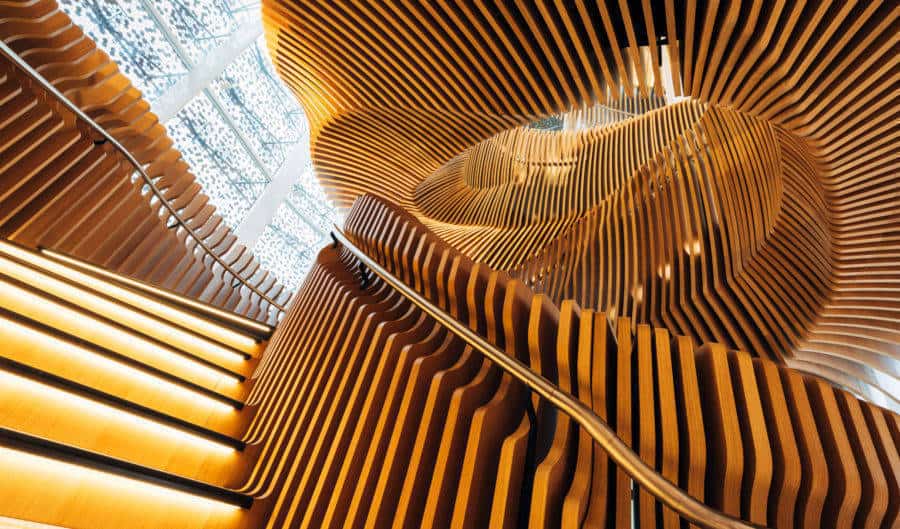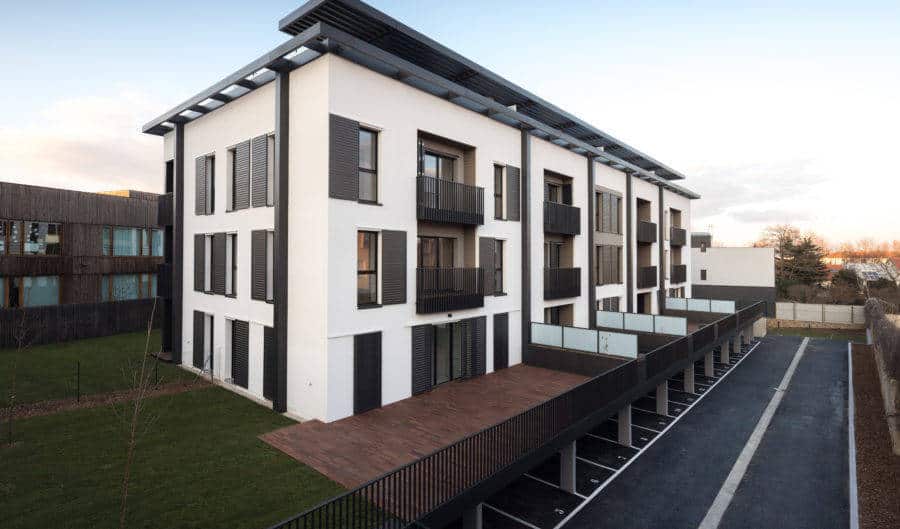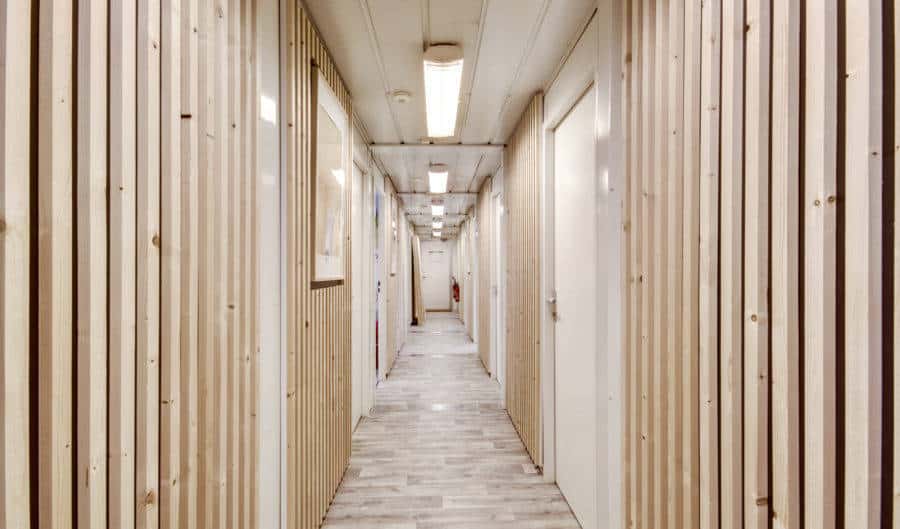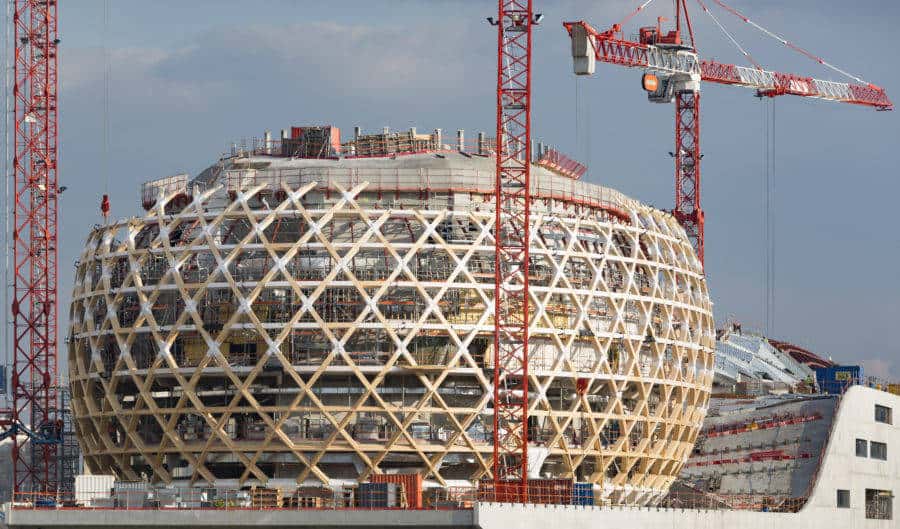
Bouygues Construction is stepping up investments in wood, a material of the future
3 minutes of reading
A subsidiary of Bouygues Construction, Bouygues Bâtiment Ile-de-France is a player in the wooden construction sector. Today, it is investing in new construction methods to reduce the carbon footprint of the construction industry and develop new solutions for the cities of the future.
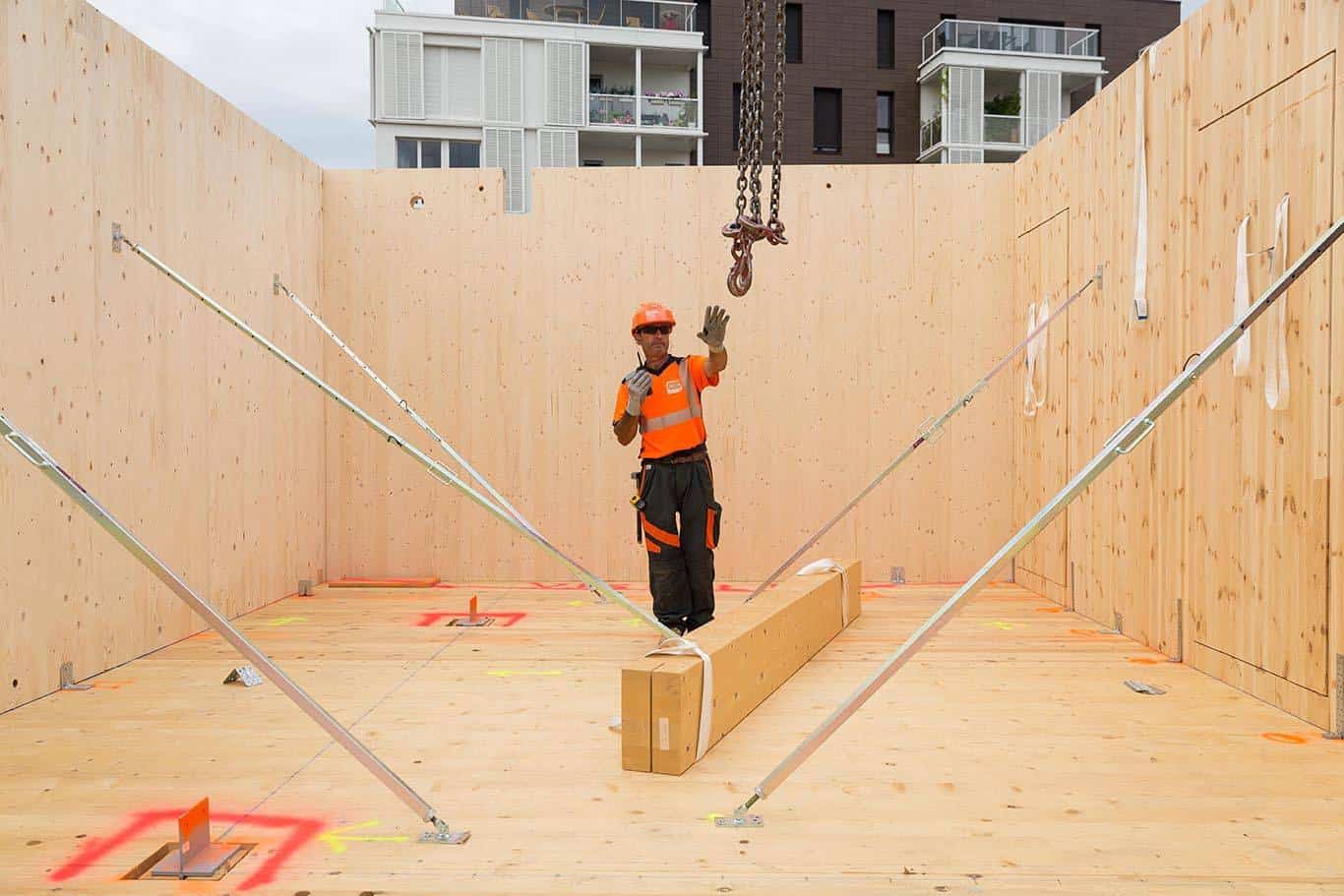
Present in the wooden construction sector for many years, Bouygues Bâtiment Ile-de-France is positioned in the four segments of wooden construction: elevation/extension, façades, new and modular constructions and even fittings/layout.
The projects conducted by Bouygues Bâtiment Ile-de-France, a subsidiary of Bouygues Construction, include the wooden hull of the Seine Musicale auditorium, an operation involving 306 rooms in Villiers-Sur-Marne. In 2018, it is also set to build a series of apartment blocks in the inner suburbs of Paris.
Experts and partners contributing to wooden construction sites
The wooden construction market is growing rapidly. It concerns all types of building: housing, offices, public facilities, etc. Everybody is concerned by wooden structures: all business areas and all sizes of contract! Today, building on all its projects, the Group’s ambitions are to continue developing technical and industrial innovations, with particular emphasis on studies relating to the concept of wooden buildings, the development of connected floors and high-rise buildings. At the same time, by working with manufacturers to industrialize our construction methods, we can integrate more finished or unfinished products at the production plant, and systemize certain assembly procedures. The role of the wooden construction department is also to support construction site teams during the work phase. To date, 25 people from Bouygues Bâtiment Ile-de-France have joined the wooden construction teams. These teams comprise seven employees from the Wooden Engineering department, and a production team of 16 people, including three fitting teams of site workers, a site foreman and works engineers.More reading
Read also

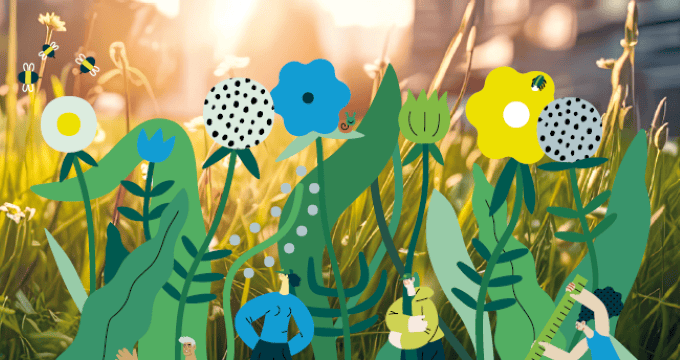
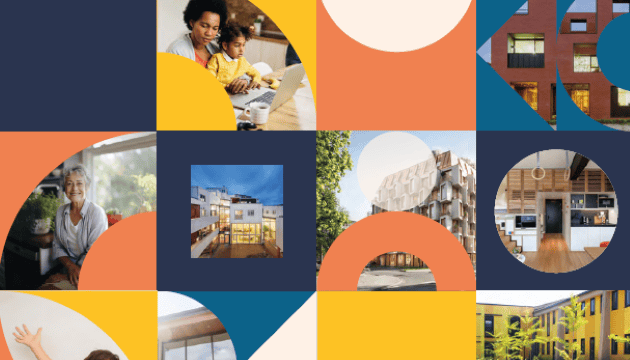
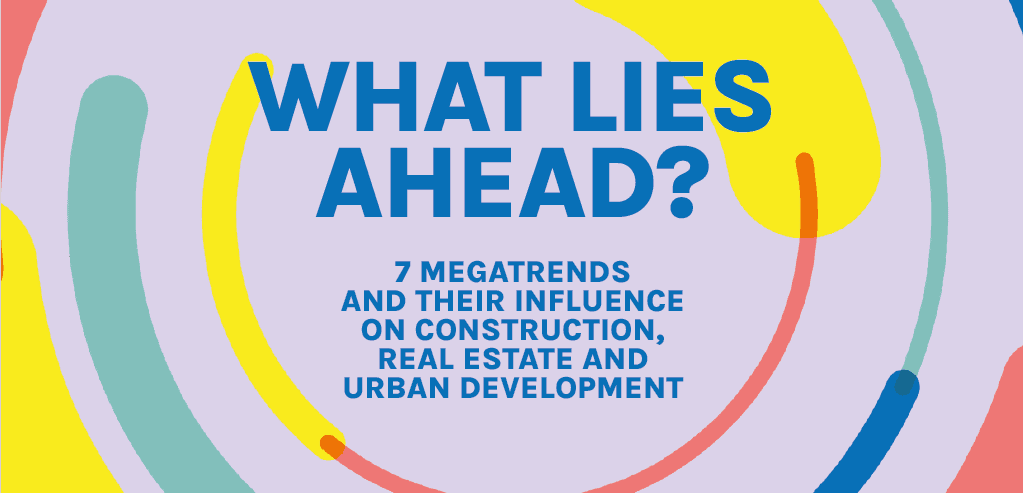
What lies ahead? 7 megatrends and their influence on construction, real estate and urban development
Article
20 minutes of reading

